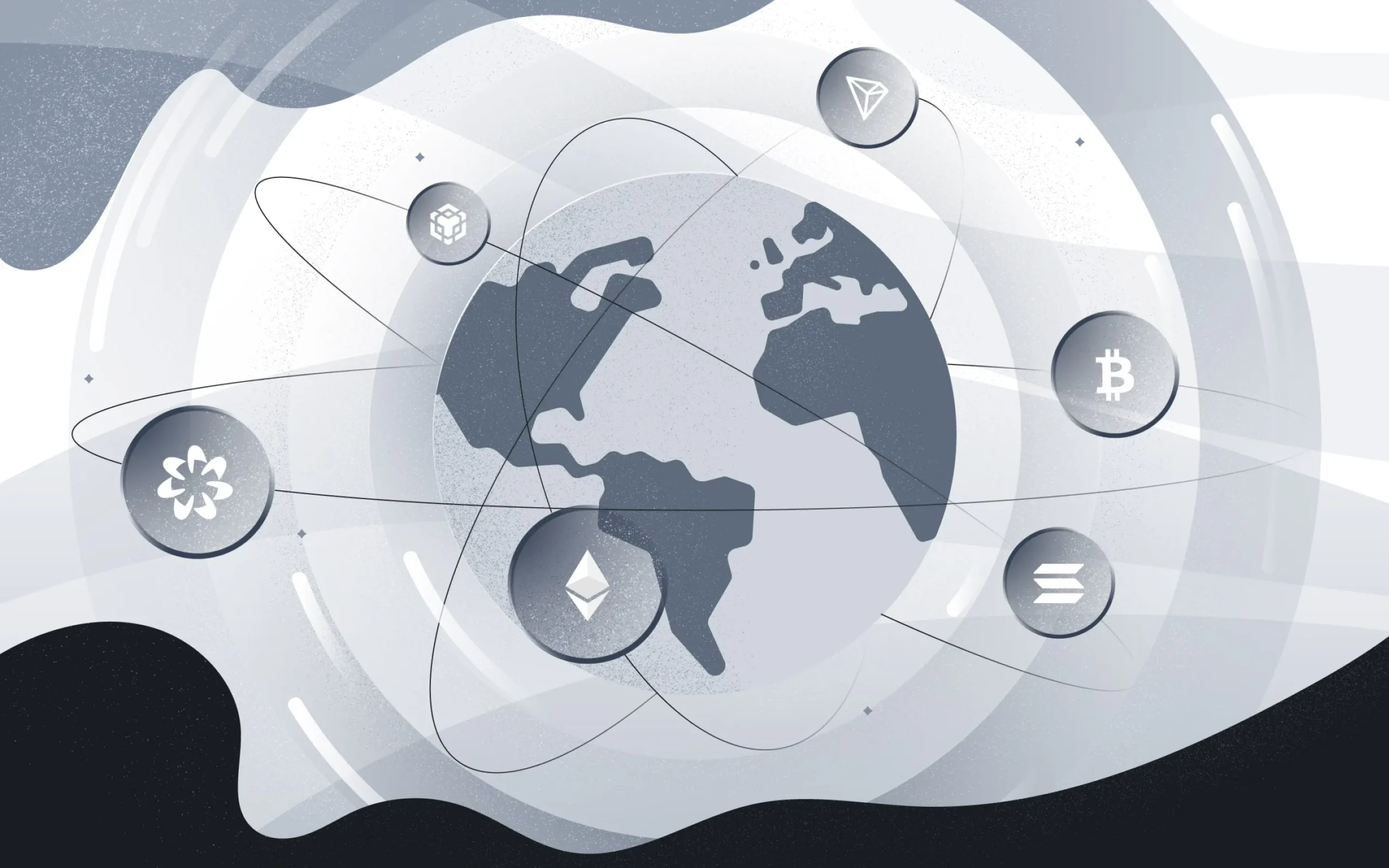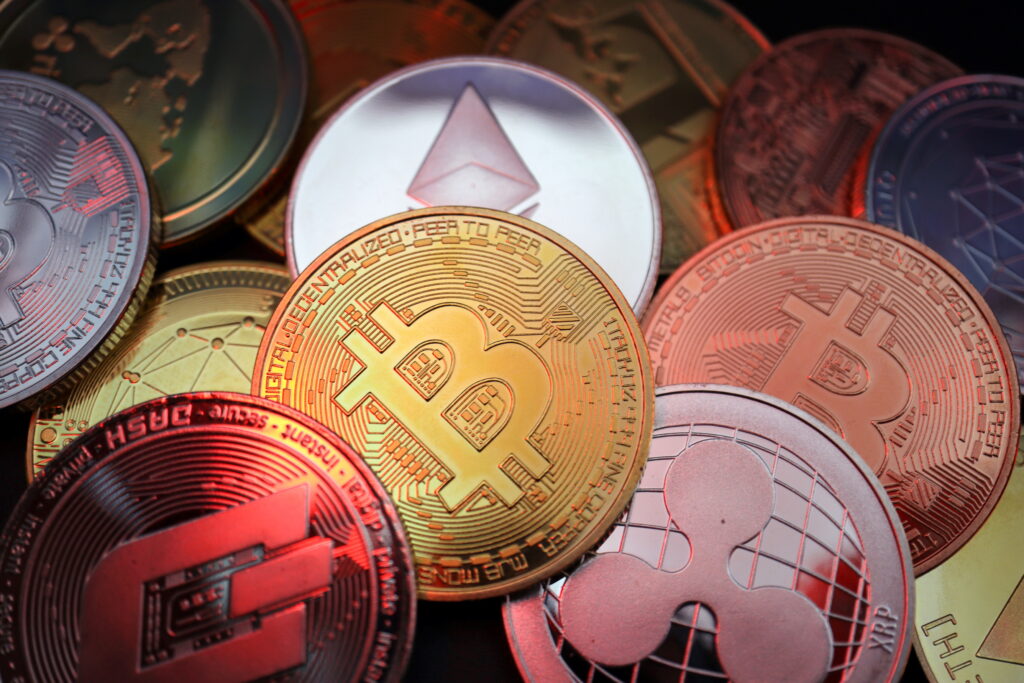Cryptocurrency mining has emerged as a cornerstone in the world of digital finance, offering a unique blend of technology and economics that powers cryptocurrencies like Bitcoin. At its heart, what is cryptocurrency mining? It is the process by which transactions are verified and added to a public ledger, known as the blockchain. This process involves solving complex cryptographic puzzles that require significant computational power. It’s not just about creating new coins; it serves a critical role in maintaining and developing the blockchain network. For a deeper understanding of this intricate process, Works by Nicole Hardy could potentially explore the human stories and economic implications behind the scenes of cryptocurrency mining, adding a personal touch to the technological and financial aspects of the industry. Cryptocurrency mining has evolved from a niche hobby to a professional, capital-intensive industry. This transition has profound implications for the future of finance, as it represents a decentralized alternative to traditional fiat currency creation and transaction processing.

Understanding the Basics of Bitcoin Mining
Delving into Bitcoin mining unveils a fascinating intersection of technology and economics. Bitcoin mining refers to the process of adding and verifying transaction records to Bitcoin’s public ledger, the blockchain. This ledger of past transactions is crucial as it allows a user’s computer to verify the validity of each transaction. The authenticity of each transaction is protected by digital signatures corresponding to the sending addresses. Mining Bitcoin is designed to be resource-intensive and difficult so that the number of blocks found each day by miners remains steady over time. This steady rate of block creation subsequently ensures the security, stability, and predictability of the Bitcoin network. As a reward for their services, miners collect transaction fees for the transactions they confirm, along with newly created bitcoins. PaperWriter also caters to those looking to explore the technical and economic aspects of “Cryptocurrency Mining.” This service offers research and essay writing that covers the latest developments, technologies, and challenges in the field, providing a solid foundation for understanding the impact of cryptocurrency mining on global economics and digital security.
The Role of Bitcoin Miners in Cryptocurrency
Bitcoin miners play a pivotal role in the cryptocurrency ecosystem. They do more than just generate new bitcoins, they are responsible for validating and securing transactions on the blockchain. This process involves miners aggregating transactions from a memory pool and forming them into a block. Bitcoin miners then compete to solve a complex mathematical problem based on the block’s contents. The first miner to solve the puzzle gets to add the block to the blockchain and is rewarded with a set number of bitcoins, known as the block reward. This incentivization not only motivates miners to continue their work but also ensures the decentralization and security of the Bitcoin network. As the number of miners increases, the difficulty of the mining puzzles automatically adjusts, maintaining the balance and fairness of the Bitcoin creation process.
Delving Into the Mining Process of Cryptocurrencies
Exploring the mining process reveals a world of intricate technology and strategic investments. Mining is the process by which new cryptocurrency tokens are created and transaction information is added to the blockchain. This process involves miners using powerful, specialized computers to solve complex mathematical algorithms that validate and secure transactions on the network. Once a miner successfully solves the algorithm, they are allowed to add a block of transactions to the blockchain, for which they are rewarded with newly minted cryptocurrency tokens, like Bitcoin. This incentivized system not only generates new cryptocurrency units but also ensures the integrity and veracity of the blockchain. As more transactions are verified, the blockchain grows longer and more secure. However, as the blockchain expands and more miners join the network, the difficulty of the mining algorithms increases, requiring more advanced computing power and energy consumption. This escalation in difficulty ensures that the rate of new token creation remains steady, but it also raises questions about the environmental impact and sustainability of cryptocurrency mining.

The Evolution and Future of Mining Bitcoin
he journey of mining Bitcoin from a hobbyist activity to a major industrial operation illustrates the evolving landscape of cryptocurrency. In the early days of Bitcoin, mining was accessible to individuals using standard home computers. As the value of Bitcoin increased, so did the competitiveness and complexity of the mining process. Today, mining Bitcoin involves sophisticated hardware, specifically ASIC (Application-Specific Integrated Circuit) miners, designed exclusively for mining cryptocurrencies. The evolution of Bitcoin mining hardware reflects a broader trend towards specialization and professionalization in the cryptocurrency industry. Looking forward, the future of Bitcoin mining may be shaped by several factors: advancements in mining technology, changes in the global regulatory environment, and the ongoing debate over the environmental impact of mining. As the Bitcoin protocol continues to evolve, we may also see changes in the mining mechanism itself, potentially leading to a more energy-efficient and environmentally sustainable model.
Key Technologies Behind Bitcoin Mining
Bitcoin mining is underpinned by two critical technologies: specialized hardware and sophisticated software. The hardware, primarily ASIC miners, is designed to efficiently solve the cryptographic puzzles required for mining. These ASIC miners offer unparalleled speed and energy efficiency compared to general-purpose hardware like CPUs and GPUs. Alongside the hardware, advanced mining software plays a vital role. This software connects miners to the blockchain and Bitcoin network, manages the hardware, and delivers the computational work needed for mining. It also enables miners to participate in mining pools, where multiple miners combine their computing power to increase their chances of successfully mining a block and earning rewards. The collaboration in mining pools is essential for individual miners, as it democratizes access to the rewards of mining, which would otherwise be monopolized by those with massive computational resources. As the technology evolves, future innovations in both hardware and software are likely to make Bitcoin mining more efficient and accessible.
Analyzing the Environmental Impact of the Bitcoin Mining Process
The environmental impact of the Bitcoin mining process has become a topic of intense debate. The primary concern is the significant amount of electricity consumed by mining operations. This consumption is driven by the need for powerful computing hardware to solve increasingly complex cryptographic puzzles. As the difficulty of these puzzles grows, so does the energy requirement, leading to higher electricity costs and a larger carbon footprint. The environmental impact is compounded by the fact that much of the energy used in mining comes from non-renewable sources. However, the industry is responding with initiatives to reduce its environmental impact, including the use of renewable energy sources and the development of more energy-efficient mining hardware. Despite these efforts, the environmental implications of Bitcoin mining remain a crucial challenge that needs to be addressed to ensure the sustainable growth of cryptocurrencies.
Success Stories: How Bitcoin Miners are Shaping the Digital Economy
Bitcoin miners have been pivotal in shaping the digital economy, turning a decentralized concept into a robust financial ecosystem. Their success stories are not just about financial gains but also about contributing to the evolution of blockchain technology. These miners, ranging from individuals with small setups to large-scale mining farms, play a critical role in processing and verifying Bitcoin transactions on the blockchain. This process not only secures the network but also creates a trustless environment for digital transactions. Successful miners have adapted to the changing landscape, investing in mining rigs and joining mining pools to stay competitive. Their contribution goes beyond the creation of new bitcoins, they sustain the blockchain’s growth and stability. The success of these miners is a testament to the viability and potential of blockchain technology in creating an alternative financial system. As the sector grows, these success stories are likely to multiply, reinforcing the role of Bitcoin miners in the digital economy.

Navigating the Challenges and Opportunities in Bitcoin Mining
The world of Bitcoin mining is fraught with challenges yet rich with opportunities. As the network grows, so does the mining difficulty, making it harder for individual miners to compete. The increasing complexity of mining algorithms requires more advanced and expensive mining hardware, raising the entry barrier. Electricity costs also play a significant role, as mining consumes a vast amount of power. These challenges have led to the rise of mining pools, where miners combine their computational power to increase their chances of earning rewards. Despite these challenges, Bitcoin mining remains attractive due to the potential for profit, especially when the price of Bitcoin is high. Additionally, miners contribute to the security and integrity of the Bitcoin blockchain, playing a vital role in the cryptocurrency ecosystem. As the industry matures, both the challenges and opportunities in Bitcoin mining are expected to evolve, possibly leading to more innovative and sustainable mining practices.